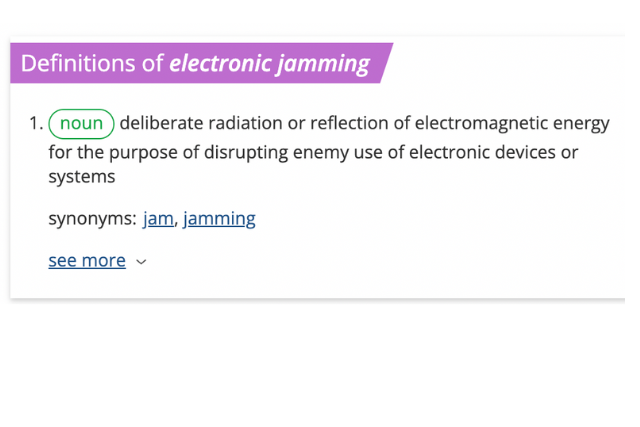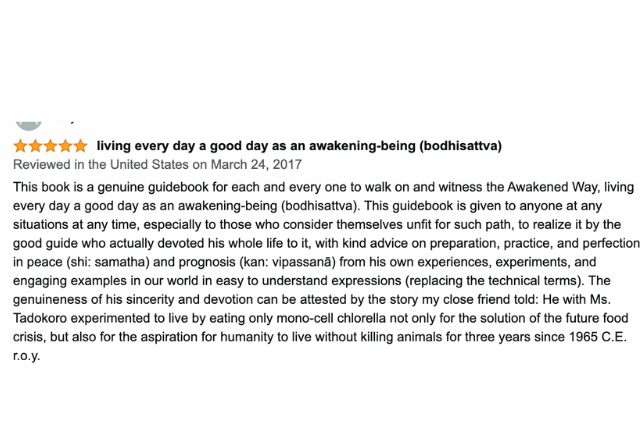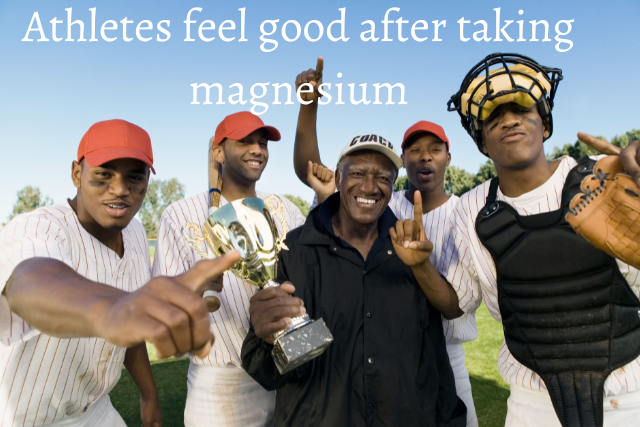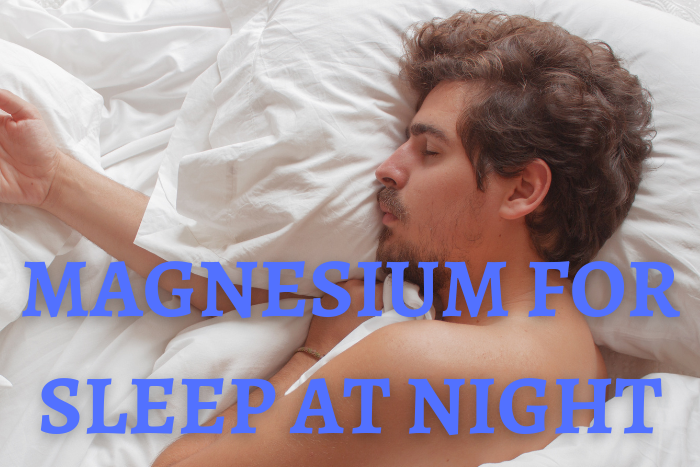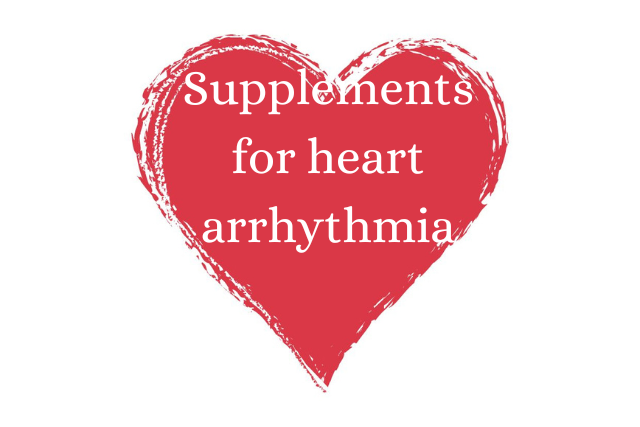
Kidney problems and magnesium are two opposite things. Why? When the body is sufficient in magnesium, kidney problems disappear unless you have something drastic going on.
What kind of drastic events can be?
You do not need to look far away or study medical literature. If you live surrounded by people and not somewhere in the wilderness, maybe you heard stories that people went to hospitals and got Remdesivir. Despite that WHO( world health organization) declared that Remdesivir does not work, plenty of people got it.

Why do I call it drastic?
Despite that, the WHO found out and said that Remdesivir does not help; this drug was given to many patients. The consequences were grim because of kidney damage.
Bryan Ardis, a doctor, started to look into the bigger picture. You can hear his findings here. If you would like to read the transcript of this conversation, check the article here.
Kidney problems
Kidney problems can make a mess if you do not take them seriously. For example, a simple thing such as catching a cold when your feet are wet or consuming meals that give you kidney stones will throw off the balance of the whole body.
Kidney help remove toxins from our bodies, and messing with them is not worth trying.
Why can kidneys be affected?
There are plenty of reasons why kidneys can have problems. There are few of them:
- Drugs
- Pump inhibitors
- Bad nutrition
- Magnesium deficiency
Drugs
Dr.Carolyn Dean, N.D., M.D. pointed out in her book The Magnesium Miracle that ten top drug families cause kidney damage:
- Antibiotics
- Analgesics
- COX-2 inhibitors, including Celebrex.
- Heartburn drugs of the proton pump inhibitor class
- Antiviral drugs
- High blood pressure drugs, including captopril
- Rheumatoid arthritis drugs
- Lithium, used to treat bipolar disorder
- Anticonvulsants
- Chemotherapy drugs
Pump inhibitors
Dr. Carolyn Dean, in her book The Magnesium Miracle points out that
A 2016 study gives evidence that proton pump inhibitors (PPIs), used to treat heartburn, may cause kidney injury.
Dr.Carolyn Dean, The Magnesium Miracle, 324
Bad nutrition
Foods that contain oxalates, such as
- Rhubarb
- Chard
- Spinach
- Chocolate
- Parsley
- Tea
- Coffee
do promote kidney stone formations. Why? Calcium and oxalic acid binds together and form insoluble calcium oxalate.
Additionally, soft drinks that contain phosphoric acid prompt a process of pulling calcium out of the bones and depositing it in the kidneys.
A rich diet in purines that are found in meat, alcohol, and fish can cause uric acid stones.
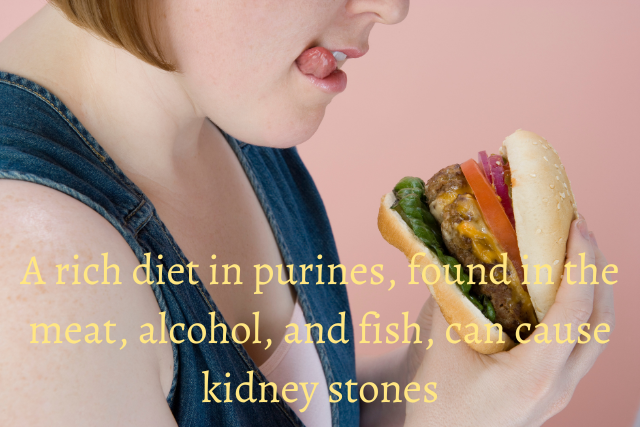
Magnesium deficiency
Magnesium is a mineral whose deficiency can cause 65 conditions. One of the main tasks of magnesium is to keep calcium in check.
Calcium has an annoying habit of overflowing cells when magnesium is absent. I immediately thought about the comparison when parents go on vacation and leave their kids alone. When they return, they cannot recognize the house because of the consequences of the party with friends.
Of course, it is a vague description of calcium’s bad deeds. The excess calcium forms stones in the kidneys and causes discomfort, pain, and dysfunction of the kidneys.
How does magnesium help kidneys?
Magnesium helps solve stones in the kidneys. The excess calcium form stones that can interfere with the kidneys’ job. Sufficient magnesium helps to remove calcium deposits.
Calcium does not form kidney stones when magnesium is sufficient in the blood. Many decades ago, Dr.George Bunce proved it by reporting the benefits of magnesium that was administered in doses of 420 mg.
This doctor used magnesium oxide, and it worked for his patients. Knowing that magnesium oxide absorbs only at the 4% range shows magnesium is vital in solving kidney problems.
Additionally, proton pump inhibitors and drugs deplete magnesium.
Articles from peer-reviewed journals show how magnesium is important for kidneys.
Dr.Carolyn Dean, in her book The Magnesium Miracle, points to the review, that
“Magnesium and Dialysis: The Neglected Cation” is a 2015 review where authors found that magnesium requirements need to be reevaluated in the treatment of kidney disease and the use of magnesium in dialysis patients.
Dr.Carolyn Dean, The Magnesium Miracle, 327
What is interesting is that Dr. Carolyn Dean found out, after talking with a magnesium expert Dr.Burton Altura, that people with chronic kidney diseases have the highest levels of serum magnesium and lowest levels of ionized magnesium.
The study reports that when patients got ionized magnesium their symptoms were alleviated, their serum magnesium levels improved, and their kidney function test showed better results.
What is the difference?
Ionic magnesium goes into cells. Without that, cells starve. Cells accept minerals only in ionic form.
Unfortunately, many medical professionals measure only serum magnesium and do not test for ionic magnesium.
What is worse is that the definitive test for magnesium that checks levels of ionized magnesium is not available to the public.
Magnesium supplements
Magnesium supplements differ from each other. To get an ionic form of magnesium, you need magnesium that is ionic, does not go into clusters and is pure.
Usually, magnesium ions cluster together because of their attraction to each other. Ions have different charges, and a negative ion attracts a positive one.
Thankfully, Dr.Carolyn Dean found a way to use a proprietary technique that allowed magnesium ions not to stick, to be picometer size, and to go straight into the cell’s membrane.
This magnesium supplement is called ReMag. You can read about this unique magnesium supplement here.
Did I mention that ReMag does not have side effects? Usually, magnesium supplements have a dark side that spoils the benefits of minerals.
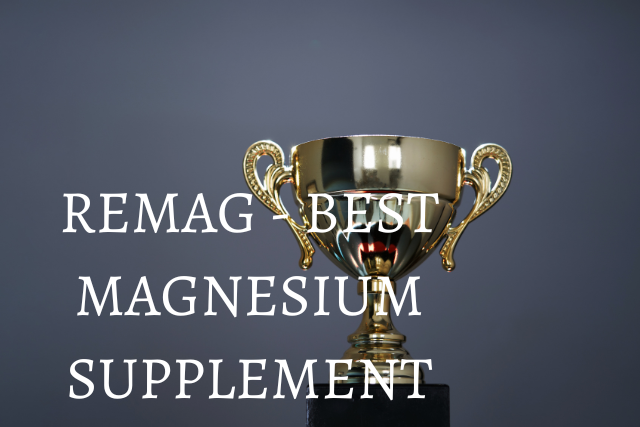
ReMag absorbs fully at 100% range, is pure magnesium, is twenty times denser compared with angstrom minerals.
Kidney problems and magnesium
Kidney problems can be helped with magnesium, which provides enormous bodily benefits. Nobody needs kidney stones that can be painful or loose vital minerals when you use prescribed medicine.
Knowing magnesium is at the guard of calcium that enters through cell membranes is a good thing. Magnesium does not let it destroy cells is a huge relief. Why? You take a magnesium supplement that goes straight to cells, helps metabolism, does not have side effects, and does not harm anything.
Can you get magnesium from food? Unfortunately, even organic food does not provide the right amounts of magnesium. You need to consume plenty of magnesium-rich foods to satisfy bodily needs.
Nowadays, the soil is depleted thanks to chemicals and wrong farming practices. Mineral supplements fill this gap and let the body flourish during various times.





